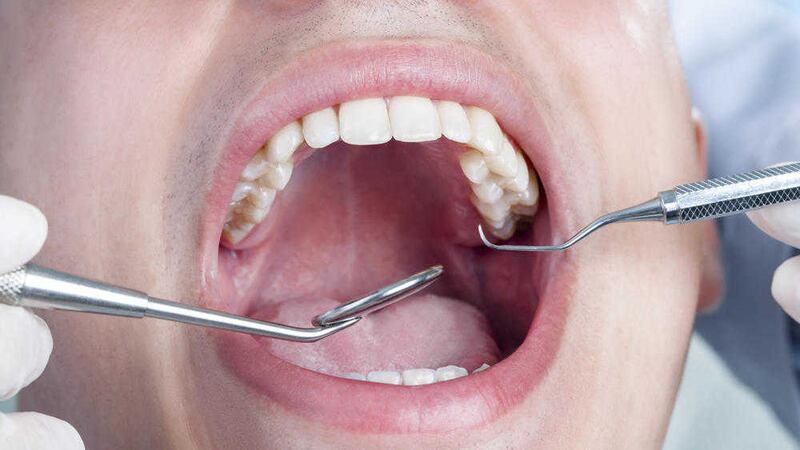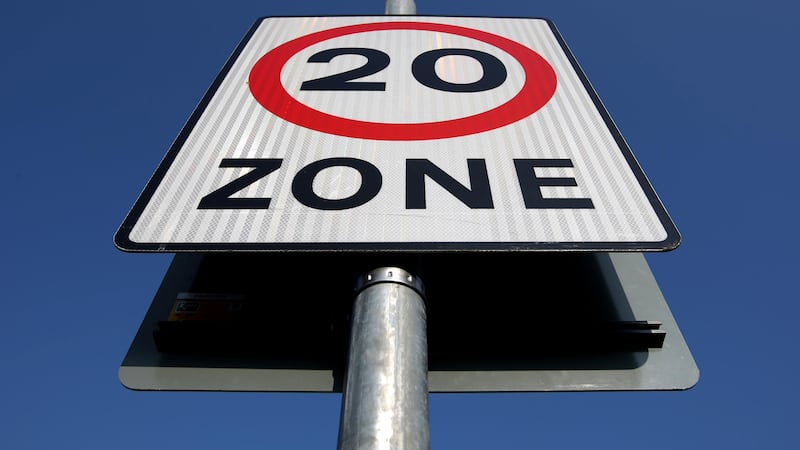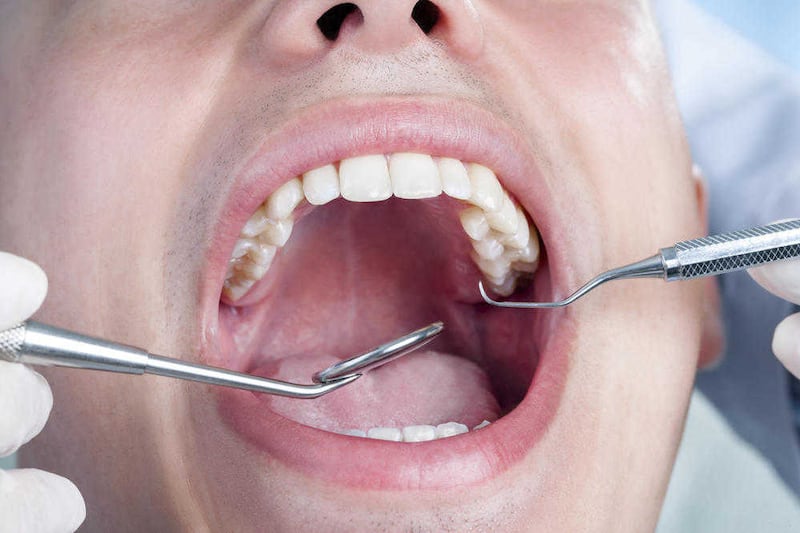JUST as your skin heals after being cut, likewise your teeth have the ability to heal themselves after they have started to decay.
That's right, not all holes in teeth need filled; by changing your diet and cleaning habits you can heal your own teeth – to a certain extent.
Tooth enamel is the hardest and most highly mineralised substance in the body. Enamel may look solid but under a microscope it has tiny pores all over it. It is in a continual state of flux, with minerals, such as calcium and phosphate, moving in and out of it all the time.
When the acidity of the mouth falls, tooth enamel undergoes a process called demineralisation. Mouth bacteria feed on sugars from foods and this results in lactic acid being produced. This ends up with the calcium and phosphate being leached out from the tooth. If the acidic conditions continue, over time the enamel is slowly dissolved, creating a hole in the tooth.
Saliva is enamel's best friend as it contains calcium, phosphate, and bicarbonate. Healthy saliva has a neutral acidity/alkaline value and this, along with the minerals in our spit, can reharden teeth that have started to decay. This is known as remineralisation. Fluoride in toothpastes speeds up remineralisation.
After you eat sugary food it takes about half an hour for your mouth to balance itself out from an acidic state to a neutral state. So if you continually snack, then you never give your teeth a chance to remineralise. And this all-day exposure to foods or drink is what leads to cavities.
Ideally it's suggested that you take a two-hour break after eating in order to allow the saliva to remineralise your teeth.
Research has been taking place since the 1980s to find ways to boost remineralisation. Today scientists are working on a treatment called Electrically Assisted Enhanced Remineralization (EAER). This uses a tiny electrical current to help accelerate getting the mineral ions back into the tooth enamel. Amazingly this would mean that a decayed tooth would not need an injection or a filling.
It's important to point out that remineralisation applies to small holes in teeth. Teeth are not able to regenerate enamel in the same way as lizards can grow a new tail. So if your tooth has caved in, then a restoration would be needed to rebuild the tooth.







